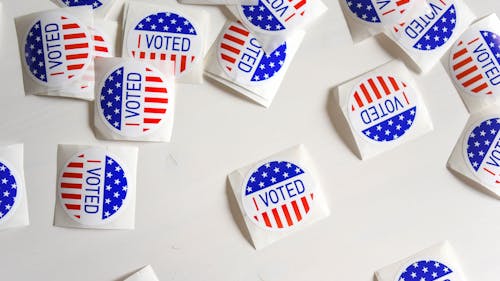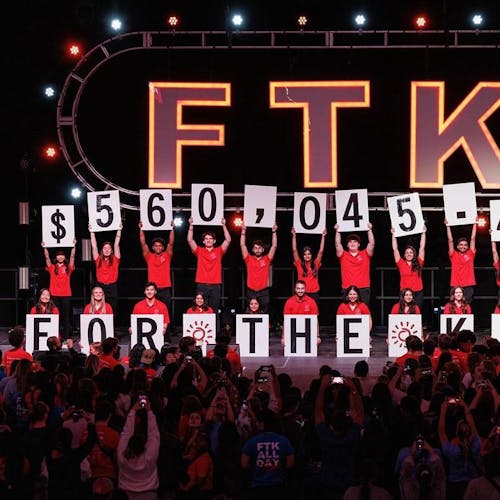With 2020 elections nearing, media should learn from 2016 errors

The 2020 presidential election is in full swing. President Donald J. Trump has ramped up his attacks on minorities, and socialism, while scrambling to devise a campaign message around immigration and a healthy economy. Democrats, meanwhile, are making the rounds attempting to develop a fundraising base before primaries begin. The media coverage centered around the primary candidates would make an onlooker believe Election Day was in one month — when the Iowa caucus is not until February 2020.
The first Democratic debates are set for June. Nearly 20 candidates are announced with potentially 30 ready for the debate stage. Already, there has been criticism of how the media establishes campaign narratives this early, especially in the wake of the debacle of 2016. Many believe that the news media should focus on substance rather than creating entertaining narratives.
Every election cycle seemingly begins earlier than the last. Many of the supposed campaign front-runners, such as Bernie Sanders, Kamala Harris or Beto O’Rourke, have already announced and set record fundraising numbers. Former Vice President Joe Biden appears late to the race even though he is set to announce later this month. In 2004, the last time Democrats ran against a Republican incumbent, the front-runner, Howard Dean, did not announce until June of 2003. The 2020 election seems to be happening in double time.
Rabid consumers of political news probably have been invested in 2020 as soon as Trump won in 2016. What Democrat will emerge to defeat him? The Robert Mueller investigation, 2018 midterm Democratic victory and the imaginary immigration crisis dreamt up by Trump, each were packaged in a timeline by both print and television news. Each event is a plot point in the arc of the next American election. Promoting winners and losers of palace intrigue and political machinations creates heroes and villains necessary to entertain political junkies.
Is it the job of media institutions to promote narratives or to educate the public? That question is hardly new or, frankly, interesting. Politics is entertaining because of its real world effects. The narratives on the page combined with spin and counter-spin do matter because politicians exist because of elections. Real Americans put people in office. Of course that is not without the help of corporations, billionaires and propaganda apparatuses. But if people choose to get their kicks out of reading Politico and watching CNN all day, more power to them.
But that coverage should be reserved for the lead-up to elections or in the “offseason.” For many the daily deluge of news takes a backseat to their lives. Working parents living paycheck to paycheck do not prioritize an errant tweet or a grandstand on CSPAN. They need to worry about how the government is going to value them and make their lives easier. Once elections come around it should be the media’s utmost responsibility to provide simple election coverage.
Some companies already do explainers and breakdowns of candidates. Vox Media, The New York Times and The Washington Post provide superb coverage. Whether that be for policy or elections, they each help voters understand the effects of a decision. But unfortunately, this only really applies to major party candidates in major elections. During the 2018 midterms I attempted to research my local election candidates to further my knowledge outside of just party affiliation. It turned out to be surprisingly difficult.
Luckily I heard about Vote Save America from Crooked Media, a podcast company — home to Pod Save America. The site provided a clean breakdown of not only candidate voting records and policy, but my voting place as well as an Election Day reminder. I only heard about it because I am an avid listener of the Crooked podcasts. Perhaps the Times or Post could invest in a series of local papers or contractors to develop systems like Vote Save America, and promote it heavily atop their sites. It’ll do America a favor in 2020.



